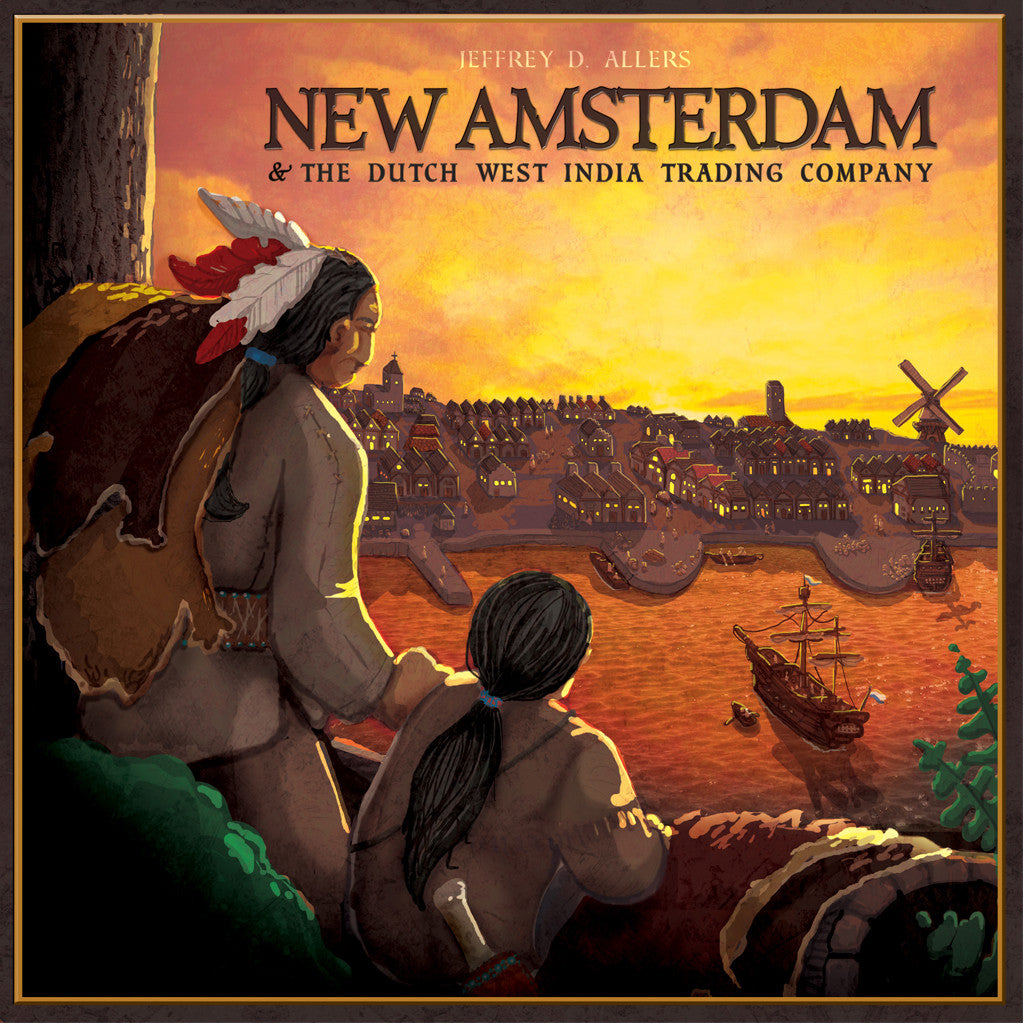New Amsterdam
Products title that includes 'PRE-ORDER' is subject to our Pre-order Policy
Couldn't load pickup availability
Delivery and Shipping
Delivery and Shipping
For more details, please refer to our Shipping and Order Information.
Pre-Order Policy
- Pre-order items are charged at the time the order is placed.
- Prices for pre-order items are subject to change based on final landed costs.
- If the final price is lower, the difference will be refunded to the customer in the form of store credit.
- If the final price is higher, customers will be given the option to either:
- Pay the difference, or
- Cancel the item for a full refund.
- Orders containing pre-order items will be placed on hold until all items in the order are available.
- Once all items have arrived and pricing remains unchanged, the order will be automatically shipped.
- Pre-orders are fulfilled on a first-come, first-served basis.
- If a pre-ordered item becomes unavailable (e.g., the publisher cancels the product), a full refund will be issued.
- Pre-orders may be cancelled and refunded by customers or the store.
- For transactions that are no longer eligible for direct refunds due to payment processor limitations, a store credit will be issued instead.
Description
Description
| Designer | Jeffrey D. Allers |
| Publisher | White Goblin Games |
| Players | 2-5 |
| Playtime | 60 mins |
| Suggested Age | 10 and up |
| Honors | |
| Additional Info | BoardGameGeek (Images, Videos, Reviews) |
Nieuw Amsterdam was founded by the Dutch West Indies Company in order to encourage the lucrative beaver pelt trade with the local Native American hunters along the Hudson River. To establish a trading post there, they needed a town and a fort, which was built on the tip of Manhattan Island. To encourage European patrons – that is, settlers of means or noble birth – to populate the colony, they granted them both land and indentured servants. The patrons became the lords of a new feudal system not unlike that seen in Europe.
In Nieuw Amsterdam, players are those patrons, and they bid on action lots in order to build businesses, work land for both food and building materials, compete in elections, ship furs to the Old World, and trade with the Lenape Indians – a process that gets more complicated as players claim more land and push the Lenape camps farther up the Hudson River.


